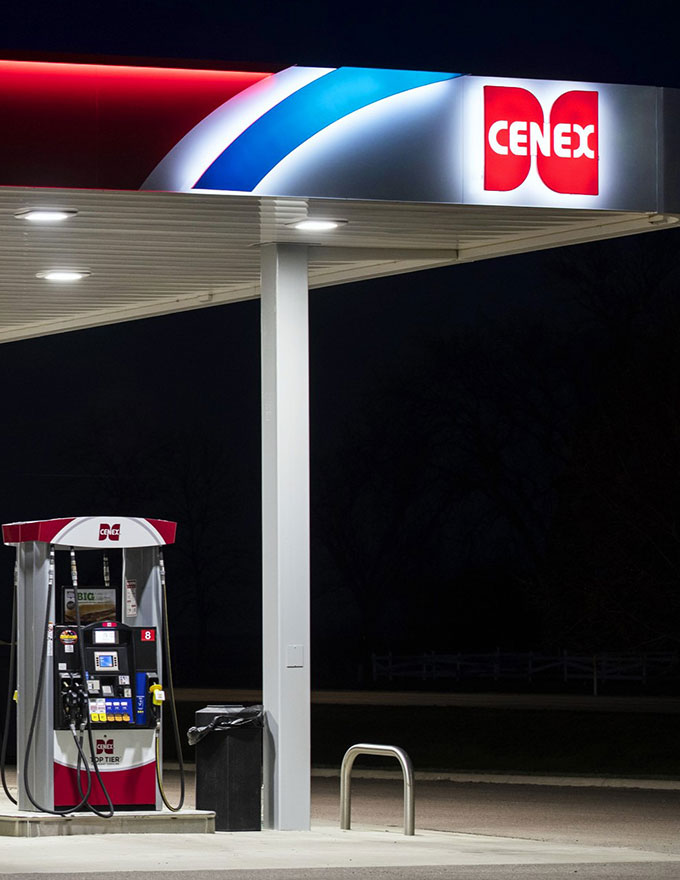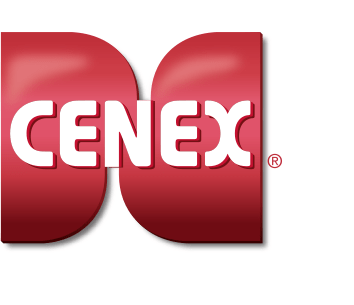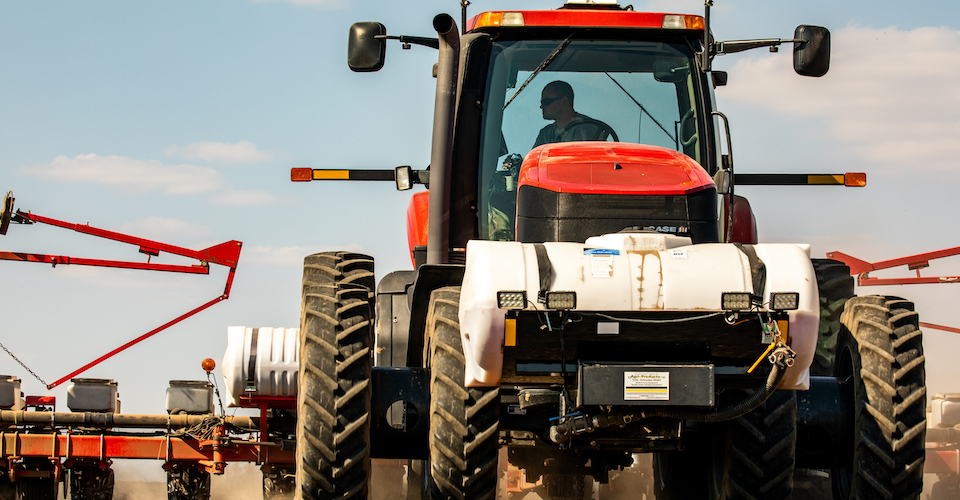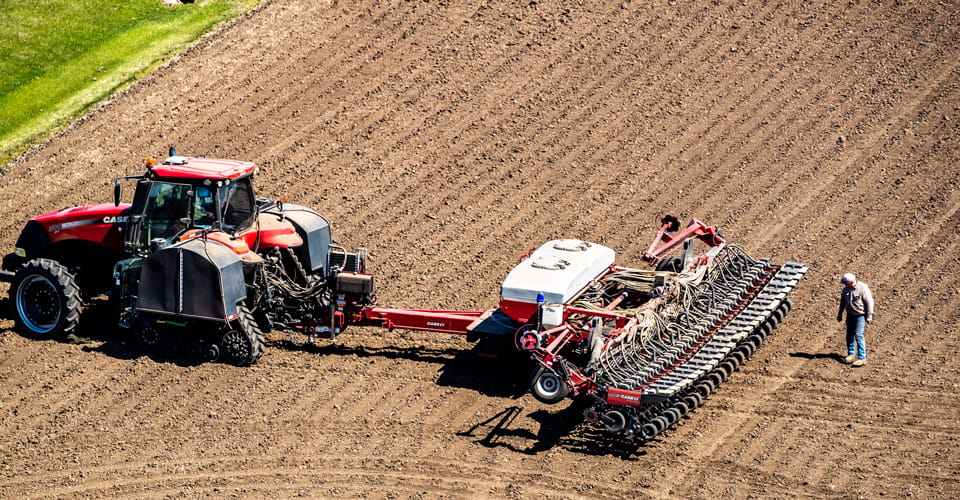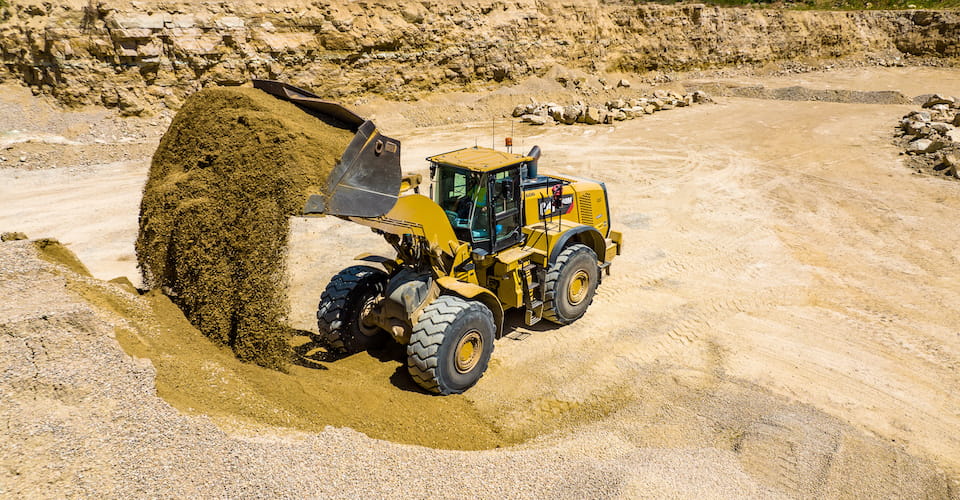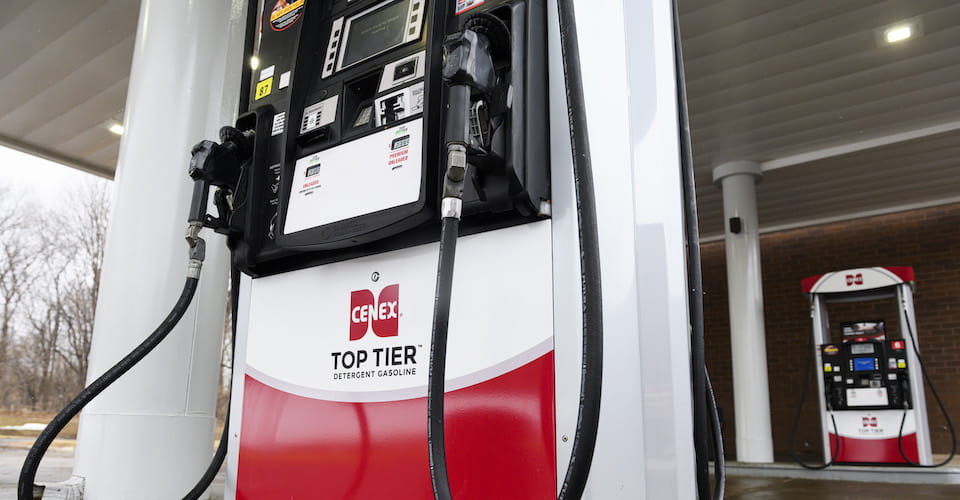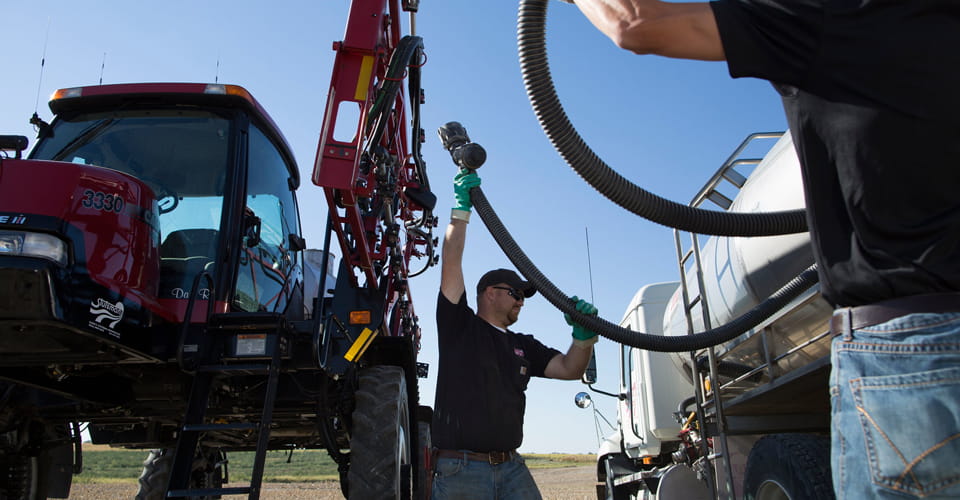Cenex® fuels
Fueled by Innovation. Powered to Perform.®
Cenex® fuels deliver power, performance and protection on and off the road, in any conditions. Whether you are driving around town or putting in a long day on the farm or job site, Cenex ensures your vehicles and equipment operate at their peak, season after season.

Explore Cenex fuels
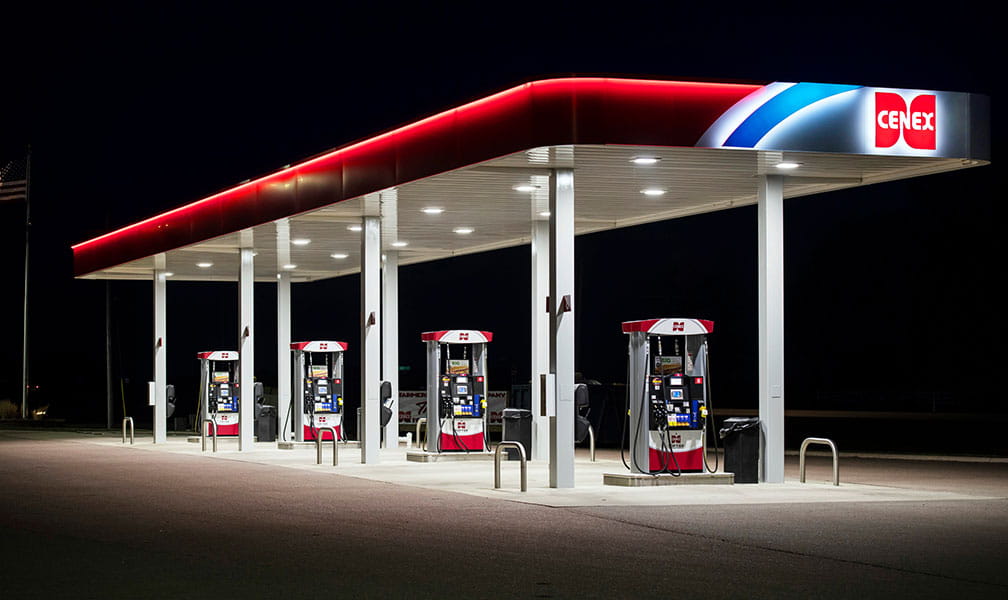
Cenex TOP TIER™ detergent gasoline
Amp up power, increase fuel efficiency and protect your engine from wear with gasoline that improves performance and minimizes trips to the mechanic.

Cenex premium diesel fuels
Optimize the performance of your agricultural, fleet and industrial equipment with premium diesel fuels that ensure your machinery runs at peak efficiency, day in and day out, even in the toughest conditions.
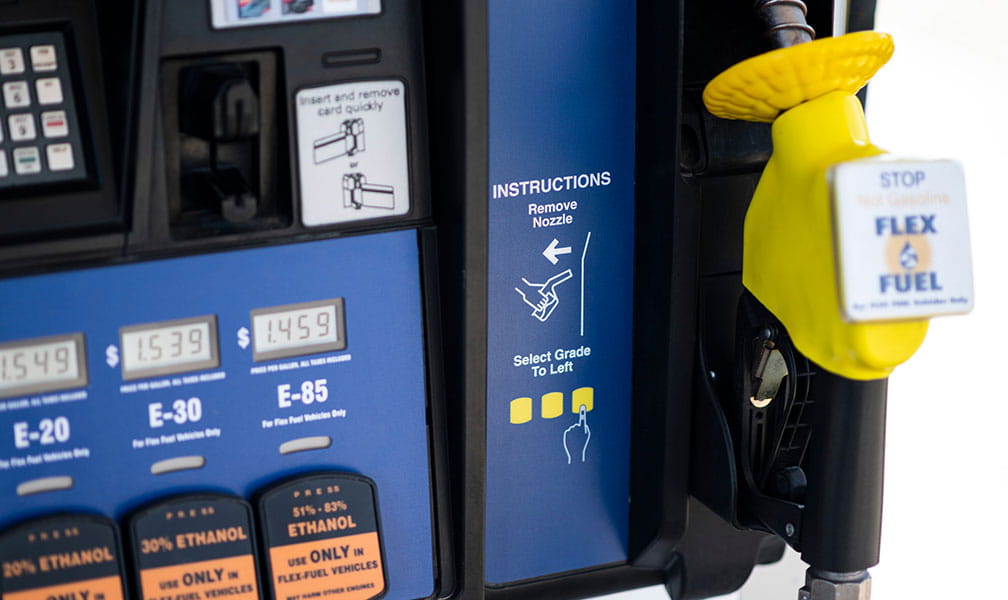
Cenex renewable fuels
Keep your vehicles and equipment running strong with high-performing ethanol and biodiesel blends engineered for all seasons.
Unmatched industry expertise
High-quality Cenex products are engineered to enhance equipment performance, extend engine life and power daily operations in the field, on the job site and over the road.
-
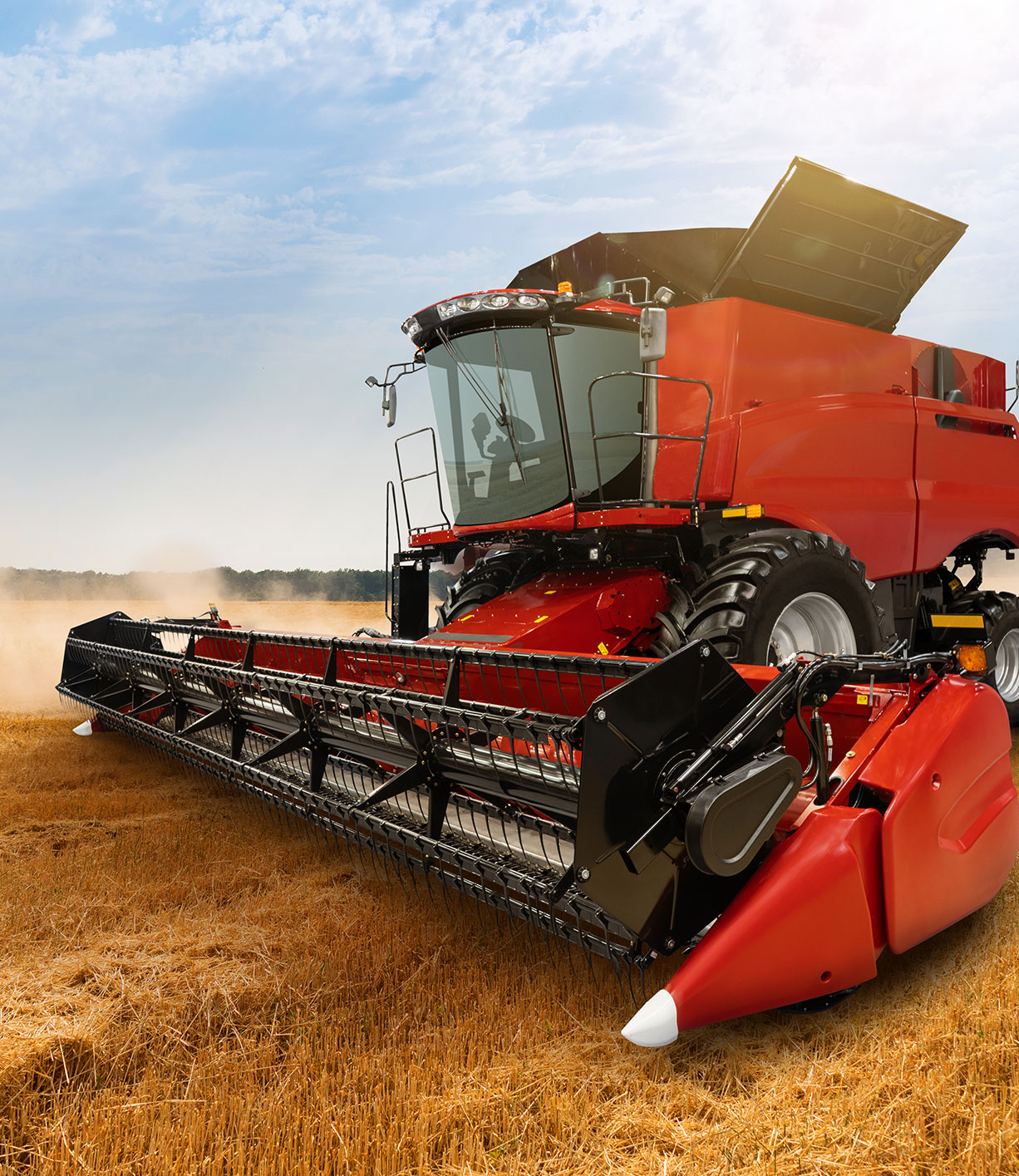 Our industriesAgricultureFuel operations and protect farm equipment in every season.Learn more
Our industriesAgricultureFuel operations and protect farm equipment in every season.Learn more -
 Our industriesConstructionSafeguard equipment from onsite debris and heavy loads.Learn more
Our industriesConstructionSafeguard equipment from onsite debris and heavy loads.Learn more -
 Our industriesFleetProtect engines from wear and fuel degradation, mile after mile.Learn more
Our industriesFleetProtect engines from wear and fuel degradation, mile after mile.Learn more -
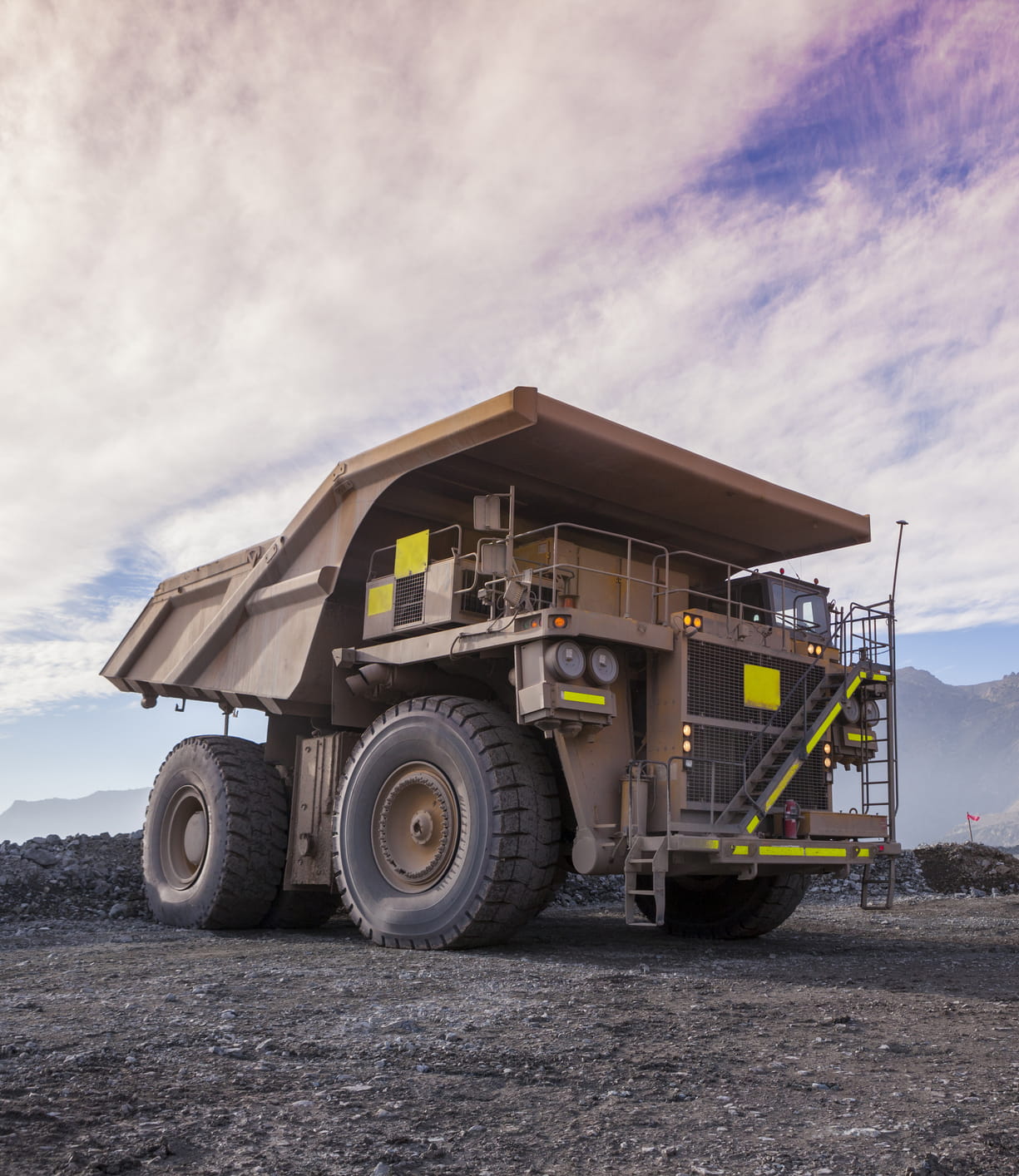 Our industriesMiningStand up to extreme working conditions.Learn more
Our industriesMiningStand up to extreme working conditions.Learn more -
 Our industriesMotoristsEnhance engine performance with premium detergent gasoline.Learn more
Our industriesMotoristsEnhance engine performance with premium detergent gasoline.Learn more
Find a store
Cenexperts® blog
Our Cenexperts provide you with relevant and timely guidance on how to make your operations more efficient, improve maintenance procedures, reduce costs, and get extra power and performance from your vehicles and equipment.
